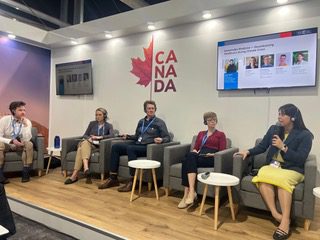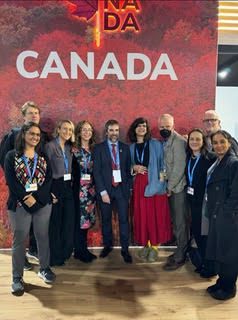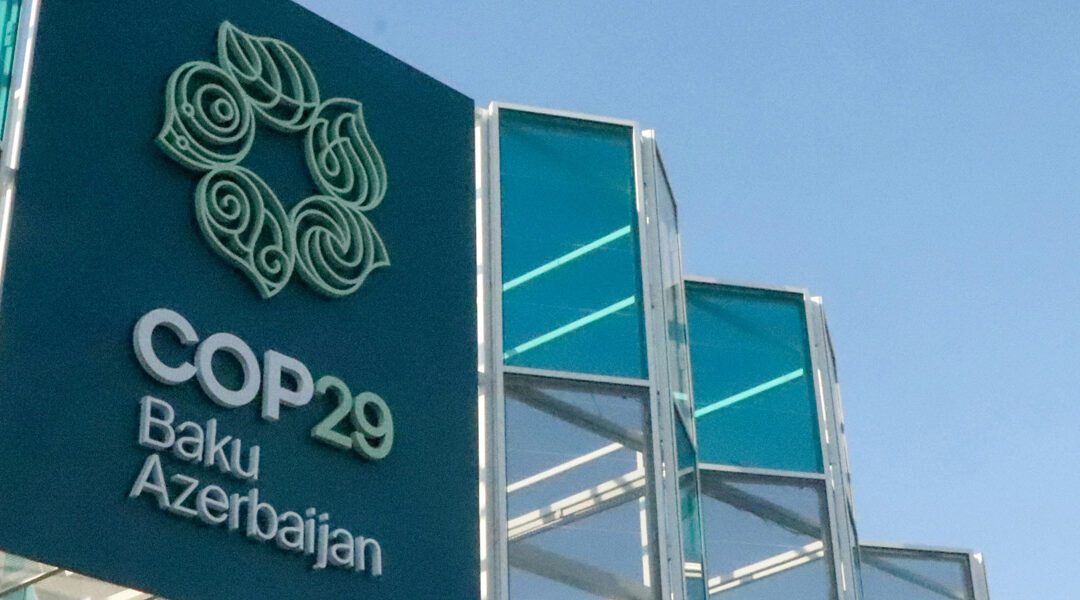The over 65,000 registrants from around the world are safely at home after attending COP29 in Baku, Azerbaijan. On the verge of collapse as it neared its conclusion on November 22nd negotiators finally agreed on a new climate finance target of US$300 billion a year by 2035 up US$100 billion from the present figure. These funds are intended to assist developing nations move away from fossil fuels, adapt to the warming climate and compensate loss and damage from climate disasters. Until the end, developing nations felt that the climate finance target was too little, too late.

This Conference of the Parties (COP) also took the last step towards making fully operational the 2015 Paris Agreement rules for establishing a global carbon trading market. Global standards and dispute resolution mechanisms for carbon trading open up new ways for developing countries to boost their renewable energy capacities. The agreement enhances the global significance of carbon credits and could increase incentives to protect carbon sinks – such as rainforests, seagrass meadows and mangroves.
The opening of COP29 did not occur under auspicious circumstances. It coincided with the election of Donald Trump in the US who is likely to pull the United States out of the Paris Accord as he did during his previous Presidency. The President of Azerbaijan, Ilham Aliyev, proclaimed oil and gas a “gift of God” in his opening statement as the host country of the Conference.

Strangely, though scientists agree that burning fossil fuels is driving global warming, the use of the term fossil fuels at Conferences of the Parties is being increasingly suppressed. Delegates from Saudi Arabia repeatedly attempted to block mention of fossil fuels in any agreements reached this time.
But what was it like on the ground? What was the dominant tone and feeling of the Biggest Climate Show on Earth. Stay tuned for interviews with Myles Sergeant, Executive Director of the Coalition of Green Health Care and Shellyza Moledina Sajwani, national co-chair of the Canadian Association of Pharmacy for the Environment (CAPhE) and co-chair of the Ottawa Hospital Pharmacy Environmental Committee. Both Myles and Shellyza attended COP29. These interviews will appear in January in the Communication & Media section of the GTEC website.
Photo Credits:
Feature Image – Matthew Tenbruggencate, Unsplash
Images within article – Myles Sergeant


